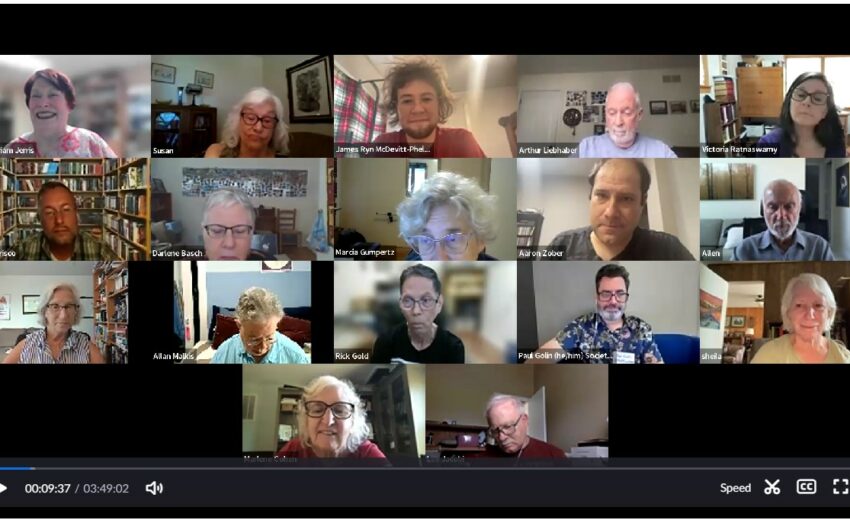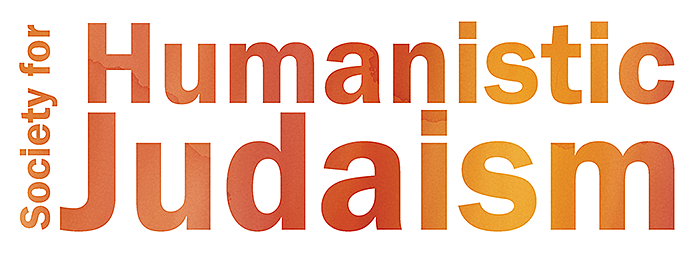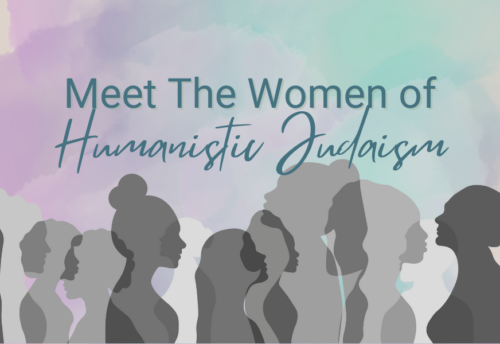
This is a guest post by SHJ Board Member Aaron Zober from California. Aaron is a member of Congregation Or Adam in Phoenix Arizona. The SHJ asks a different board member to reflect on the mission statement at each of three annual SHJ Board Meetings. This meeting took place on August 12, 2023 on Zoom.
MY CONTINUING MISSION WITH SHJ
I grew up in a household practicing Reform Judaism. It wasn’t until my later 20s when I discovered the Society for Humanistic Judaism. But while I didn’t know about this wonderful organization until my adult life, I heard about the concept back in my temple confirmation class. I learned that Judaism is more than a religion. It’s a people. You can be nontheistic and still be Jewish if you take part in the culture and identity of the religion.
So now as I’ve been involved with Humanistic Judaism for a good amount of time, I speak about the SHJ mission statement. The mission statements is: The Society for Humanistic Judaism  inspires, organizes, and advocates for secular individuals and congregations to celebrate Jewish identity and culture, independent of supernatural authority and aligned with the values of Humanistic Judaism.
inspires, organizes, and advocates for secular individuals and congregations to celebrate Jewish identity and culture, independent of supernatural authority and aligned with the values of Humanistic Judaism.
As I knew about the idea of humanistic Judaism, but not SHJ itself; this mission statement is very meaningful to me. Not being aware that there was a community for nontheistic and secular Judaism, I still felt out of place despite my familiarity with cultural Judaism. It was awkward not being around others with similar views.
So what does the mission statement mean to me? First is the drive to inspire. I remember how my eyes lit up when I first heard what Humanistic Judaism was. Before knowing about SHJ, I not only felt like I didn’t completely belong but was also afraid to say what I truly believed. The Society for Humanistic Judaism has inspired me to be myself for the first time in regards to religion. I know there are many others out there like me. I want to spread information about Humanistic Judaism and the SHJ, so others won’t feel left out or scared to be true to who they are.
Next, is the concept of organization. This is a bit tricky. The word may be a bit frightening for some secular humanists who have grown up not thinking highly about organized religion. Rabbi Miriam Jerris even once told me her response to such a remark is, “Humanistic Judaism isn’t that organized.” There’s some truth to that in regard to the autonomy of how individual Humanistic congregations are run. But we still need a central committee to make sure the message is being spread, so those who view themselves as both humanistic and Jewish are aware there’s an organization devoted to that concept.
And lastly, there’s the need to advocate. Knowing about SHJ and no longer being afraid to say what I really believe, I’m able to be an advocate for Humanistic Judaism. While I identify as such, I’m still the only person in my family who’s a part of SHJ. Also, while I have many close Jewish friends, only one of them identifies as Humanistic. As I love my Jewish culture, as well as loving to cook and loving to host events at my house, I’ve held many celebrations for Jewish holidays. Although my friends and family attending my get togethers may not be familiar with the Humanistic prayers, I let them know that I need to feel comfortable saying prayers which I believe in if I’m the host. By doing this, I’m advocating for the practices of Humanistic Judaism to be known and accepted the same as the practice of any other Jewish denomination.
As I discuss what the Society for Humanistic Judaism and its mission statement mean to me, I think about the people who have done it before and the people who will do it after me. And how we’re all part of the community and will help it grow for generations to come.




Leave a Reply